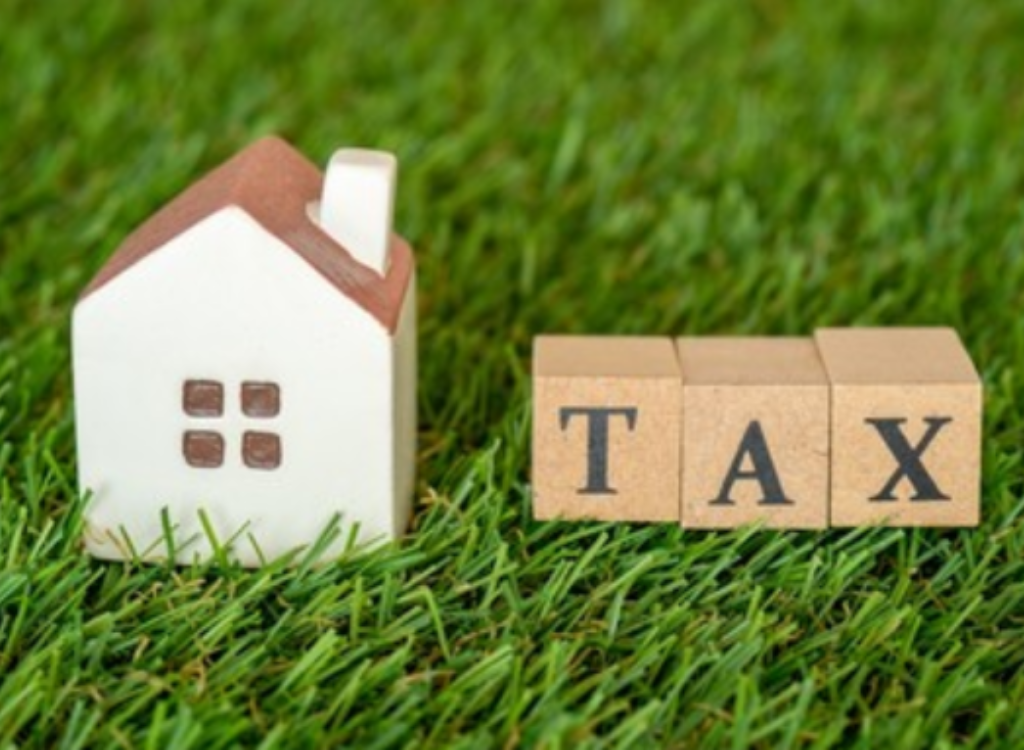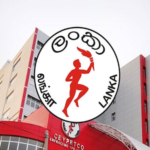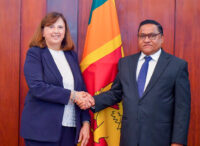The International Monetary Fund’s (IMF) proposal to introduce property taxes in Sri Lanka as part of its broader efforts to enhance tax revenue could limit excessive property accumulation among the country’s wealthiest individuals, directing their resources toward productive investments, economists said.
Professor Wasantha Athukorala of the University of Peradeniya pointed out that the top 20% of income earners in Sri Lanka control 21.3% of the nation’s total wealth.
He emphasized that the government has consistently failed to effectively assess and tax the properties of these high-income earners.
The IMF’s 2023 report highlighted that implementing a property tax could generate significant revenue, with projections estimating Rs. 436 billion in 2025 alone – approximately 8% of the total national tax revenue.
The IMF’s property tax proposal suggests a gradual increase in revenue generation over the next few years, with Rs. 472 billion expected in 2026, Rs. 512 billion in 2027, and Rs. 554 billion in 2028.
However, a December 2023 update to the IMF report showed slightly lower forecasts, with Rs. 411 billion expected in 2025, and figures rising to Rs. 526 billion by 2028.
Despite these adjusted figures, the IMF has continued to stress the importance of a property tax to the country’s financial recovery.
However, in its third review in June 2024, the IMF acknowledged the government’s difficulty in valuing the assets of the super-rich, which led to the decision to temporarily remove the property tax.
This move has raised concerns among economists, who warn that delaying the implementation of such a tax could result in heavier tax burdens on the country’s poorer citizens through indirect taxes.
Economists also supported the introduction of a property tax, arguing that a property tax would curb the tendency of individuals to acquire property with illegally earned money, reinforcing the government’s efforts to clamp down on money laundering and other forms of financial misconduct.











Leave a comment